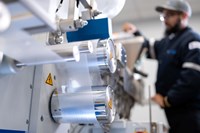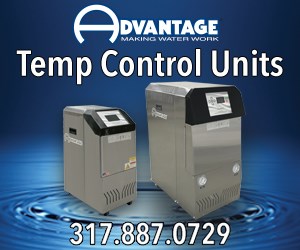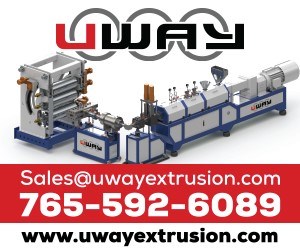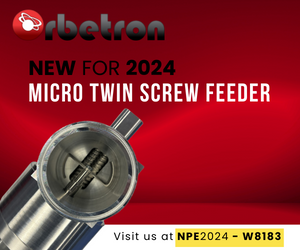Sonoco’s Fibrepak Cellulosic Meets Stringent EU Regulations
Fibrepak cellulosic expected to make major inroads in thermoformed food packaging.
Global custom packaging thermoformer TEQ (Thermoformed Engineered Quality), Huntley, Ill., recently acquired by Sonoco, Hartsville, S.C., has announced that Fibrepak cellulosic—natural wood fiber sourced from sustainably managed forests is set to be granted a Declaration of Compliance (DOC) for food contact materials by the EU. This, f ollowing the implementation of GMP (Good Manufacturing Practices) and HACCP (Hazard Analysis Critical Control Point) for food contact packaging.
TEQ acquired packaging manufacturers Fibrepak of Poland and Plastique of the U.K. in 2016. The current production of Fibrepak is in Poland but there is a possibility of its introduction to the U.S. based TEQ sites in Huntley, Ill. And Freemont, Ind., a source told PT. This natural packaging material that uses thermoformed wet pulp, is expected to make waves in the food sector after meeting stringent EU regulations.The EU’s food contact legislation sets out mandatory requirements that business operators provide a written DOC for some types of food contact materials – including recycled plastics.
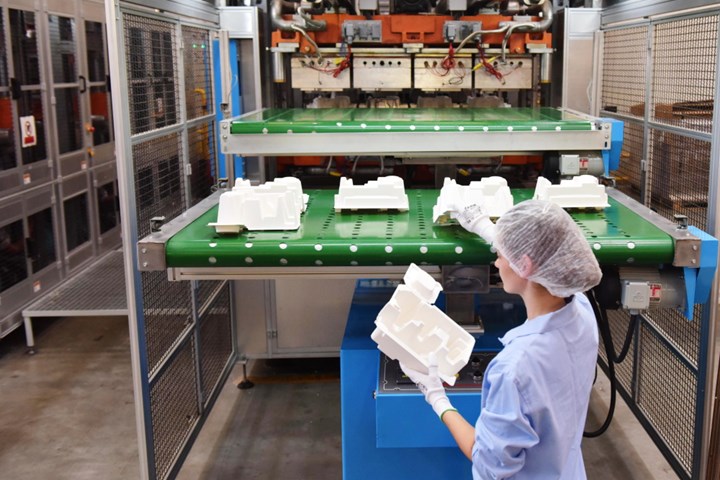
During manufacture, natural fibers are converted into high tolerance thermoformed pulp products using a unique vacuum technique and ‘cure-in-the-mold’ technology. This uses heat and pressure to press and evaporate fluid from the fibres leaving a completely dry product at the end of the process that is ready for packing. Fibrepak solutions can be created to a customer’s exact specifications while conforming to ISTA and TUV performance standards. These include clamshells, trays and inserts.
Said Anne-Sophie Belamine, European sales director at TEQ, which has a U.K. manufacturing base at Hucknall Industrial Park, near Nottingham. “We launched Fibrepak in response to a growing demand from customers that were keen to embrace sustainability. Now it has been granted a Declaration of Compliance we expect it to establish itself as a leading player in the food sector industry. The advent of thermoformed fibre gave us a great opportunity to combine this latest technology with our vast experience of thermoforming to deliver bespoke, complex and high-quality packaging for a range of customers, including those in fruit and veg.”
Fibrepak is reportedly non-toxic, microwavable, static-free and incredibly shock absorbent. It can also be treated to be moisture resistant for sustained periods. Unlike rigid cellular plastic foam packaging, there are also plenty of logistics savings to be gained using Fibrepak thanks to its ability to enable product stacking and ‘nesting.

Related Content
-
The Importance of Melt & Mold Temperature
Molders should realize how significantly process conditions can influence the final properties of the part.
-
Melt Flow Rate Testing–Part 1
Though often criticized, MFR is a very good gauge of the relative average molecular weight of the polymer. Since molecular weight (MW) is the driving force behind performance in polymers, it turns out to be a very useful number.
-
The Effects of Stress on Polymers
Previously we have discussed the effects of temperature and time on the long-term behavior of polymers. Now let's take a look at stress.






